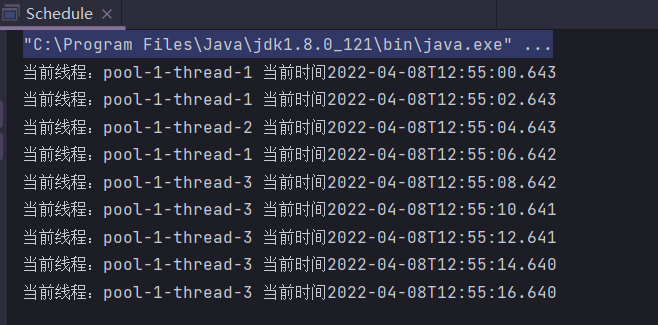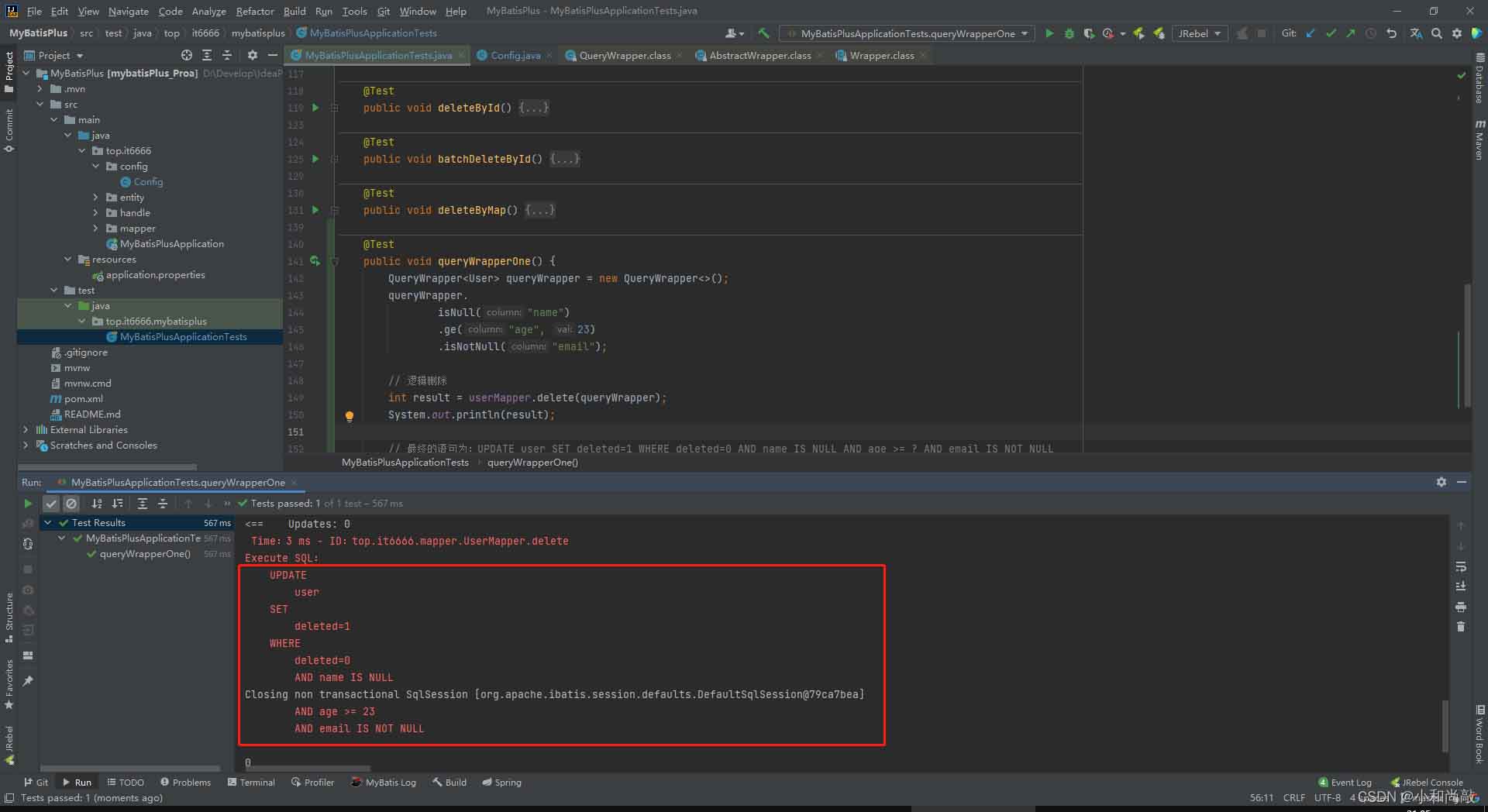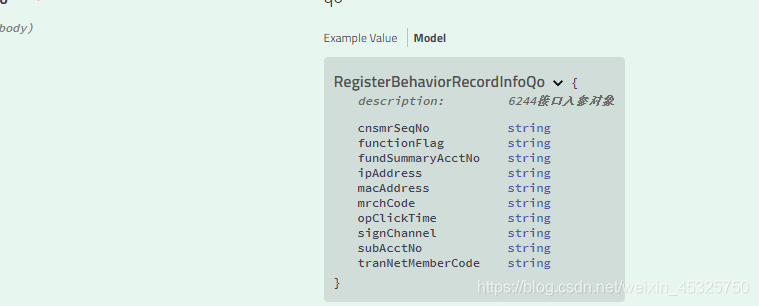下面是详细讲解“springboot json时间格式化处理的方法”的完整攻略。
下面是详细讲解“springboot json时间格式化处理的方法”的完整攻略。
1. 前言
在Spring Boot中,将Java对象序列化为JSON的过程中,经常会遇到日期格式化的问题。JSON默认使用ISO-8601格式表示日期,但可能并不是我们需要的格式,因此需要对日期格式进行定制化。本攻略将介绍两种常用的方式来进行Json时间格式化处理。
2. Jackson序列化时Date类型的处理
在Spring Boot中,默认使用Jackson作为JSON序列化工具。因此我们可以利用Jackson提供的相关注解和配置机制来进行JSON时间格式化处理。
2.1 注解方式
Jackson提供了许多注解来对日期类型进行格式化处理,其中最常用的是@JsonFormat注解。我们可以通过在实体类中给日期字段添加@JsonFormat注解,来指定日期输出的格式。下面是一个示例代码:
import com.fasterxml.jackson.annotation.JsonFormat;
import java.util.Date;
public class User {
private Long id;
private String name;
@JsonFormat(pattern = "yyyy-MM-dd HH:mm:ss", timezone = "GMT+8")
private Date createTime;
// getter、setter省略
}
在这个示例中,我们给createTime字段添加了@JsonFormat注解,指定日期输出格式为yyyy-MM-dd HH:mm:ss,时区为GMT+8。
2.2 配置方式
除了使用注解的方式,我们还可以在Spring Boot的配置文件中进行日期格式的定义。具体方法如下。
在application.yml或application.properties中添加以下配置:
spring.jackson.date-format: yyyy-MM-dd HH:mm:ss
spring.jackson.time-zone: GMT+8
这里,我们需要将日期格式和时区分别定义在spring.jackson.date-format和spring.jackson.time-zone中。这样配置后,所有使用Jackson进行JSON序列化的日期都将使用该格式。
除了以上两种方式,我们还可以通过自定义序列化和反序列化器来对日期格式化进行处理。这里不在赘述。
3. Gson序列化时Date类型的处理
如果我们在Spring Boot中使用的是Gson作为JSON序列化工具,那么我们需要对Gson进行相关的配置才能实现JSON格式化处理。
我们可以通过实现Gson的JsonSerializer和JsonDeserializer接口,来对日期进行格式化。具体实现代码如下:
import com.google.gson.*;
import java.lang.reflect.Type;
import java.text.DateFormat;
import java.text.ParseException;
import java.text.SimpleDateFormat;
import java.util.Date;
import java.util.TimeZone;
public class DateGsonAdapter implements JsonSerializer<Date>, JsonDeserializer<Date> {
private final DateFormat dateFormat;
public DateGsonAdapter() {
dateFormat = new SimpleDateFormat("yyyy-MM-dd HH:mm:ss");
dateFormat.setTimeZone(TimeZone.getTimeZone("GMT+8"));
}
@Override
public JsonElement serialize(Date date, Type typeOfSrc, JsonSerializationContext context) {
return new JsonPrimitive(dateFormat.format(date));
}
@Override
public Date deserialize(JsonElement json, Type typeOfT, JsonDeserializationContext context) throws JsonParseException {
try {
return dateFormat.parse(json.getAsString());
} catch (ParseException e) {
throw new JsonParseException(e);
}
}
}
在这个示例代码中,我们实现了Gson的JsonSerializer和JsonDeserializer接口,在其中分别实现了日期的序列化和反序列化。并通过SimpleDateFormat类来指定日期格式和时区。
接下来,我们需要将该序列化器注册到我们的Spring Boot中。可以通过在配置类中添加以下代码来实现:
import com.google.gson.Gson;
import com.google.gson.GsonBuilder;
import org.springframework.context.annotation.Bean;
import org.springframework.context.annotation.Configuration;
import org.springframework.http.converter.json.GsonHttpMessageConverter;
import java.nio.charset.StandardCharsets;
@Configuration
public class WebConfig {
@Bean
public GsonHttpMessageConverter gsonHttpMessageConverter() {
GsonHttpMessageConverter gsonConverter = new GsonHttpMessageConverter();
Gson gson = new GsonBuilder()
.registerTypeAdapter(Date.class, new DateGsonAdapter())
.setDateFormat("yyyy-MM-dd HH:mm:ss")
.create();
gsonConverter.setGson(gson);
gsonConverter.setDefaultCharset(StandardCharsets.UTF_8);
return gsonConverter;
}
}
在这个配置类中,我们创建了一个GsonHttpMessageConverter对象,并将对应的Gson和日期序列化器进行了设置。
4. 总结
到这里,我们就介绍了Spring Boot中实现JSON时间格式化的两种方式:使用Jackson注解和配置,以及使用Gson自定义序列化器。针对不同的场景和需要,我们可以选择不同的方式。同时,在使用Jackson进行日期格式化时,也可以使用自定义序列化器和反序列化器来实现更细粒度的控制。
本攻略中涉及的示例代码已上传至GitHub,供大家参考:https://github.com/misterchangray/springboot-json-date-format。
本文标题为:springboot json时间格式化处理的方法


基础教程推荐
- 运用El表达式截取字符串/获取list的长度实例 2023-08-01
- Java中EnvironmentAware 接口的作用 2023-01-23
- Java+mysql实现学籍管理系统 2023-03-16
- JSP 动态树的实现 2023-12-17
- springboot下使用shiro自定义filter的个人经验分享 2024-02-27
- 是否适合从javabean类更新数据库? 2023-11-04
- Java编写实现窗体程序显示日历 2023-01-02
- JavaWeb 实现验证码功能(demo) 2024-04-14
- 使用Java和WebSocket实现网页聊天室实例代码 2024-02-25
- 深入理解约瑟夫环的数学优化方法 2024-03-07

















